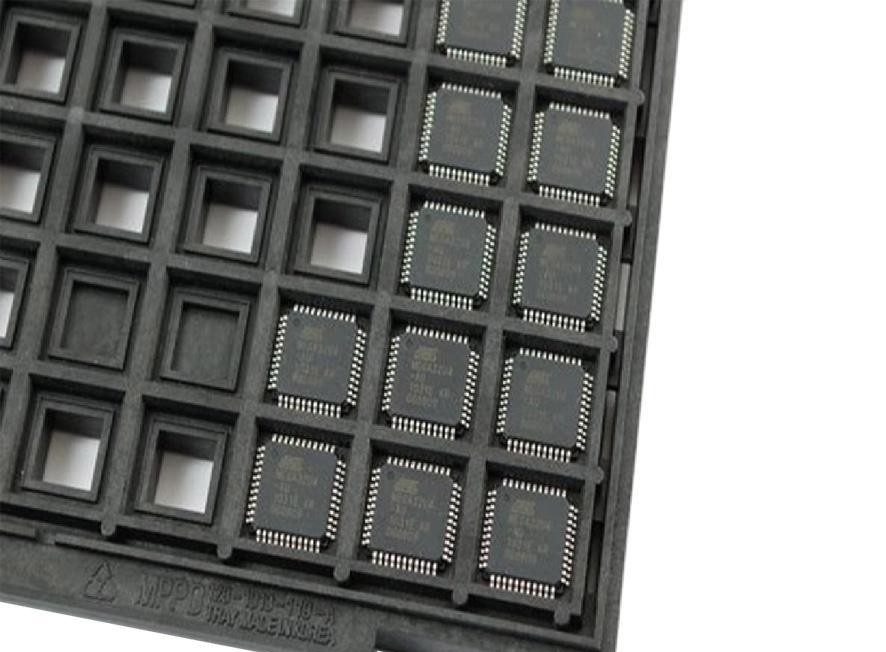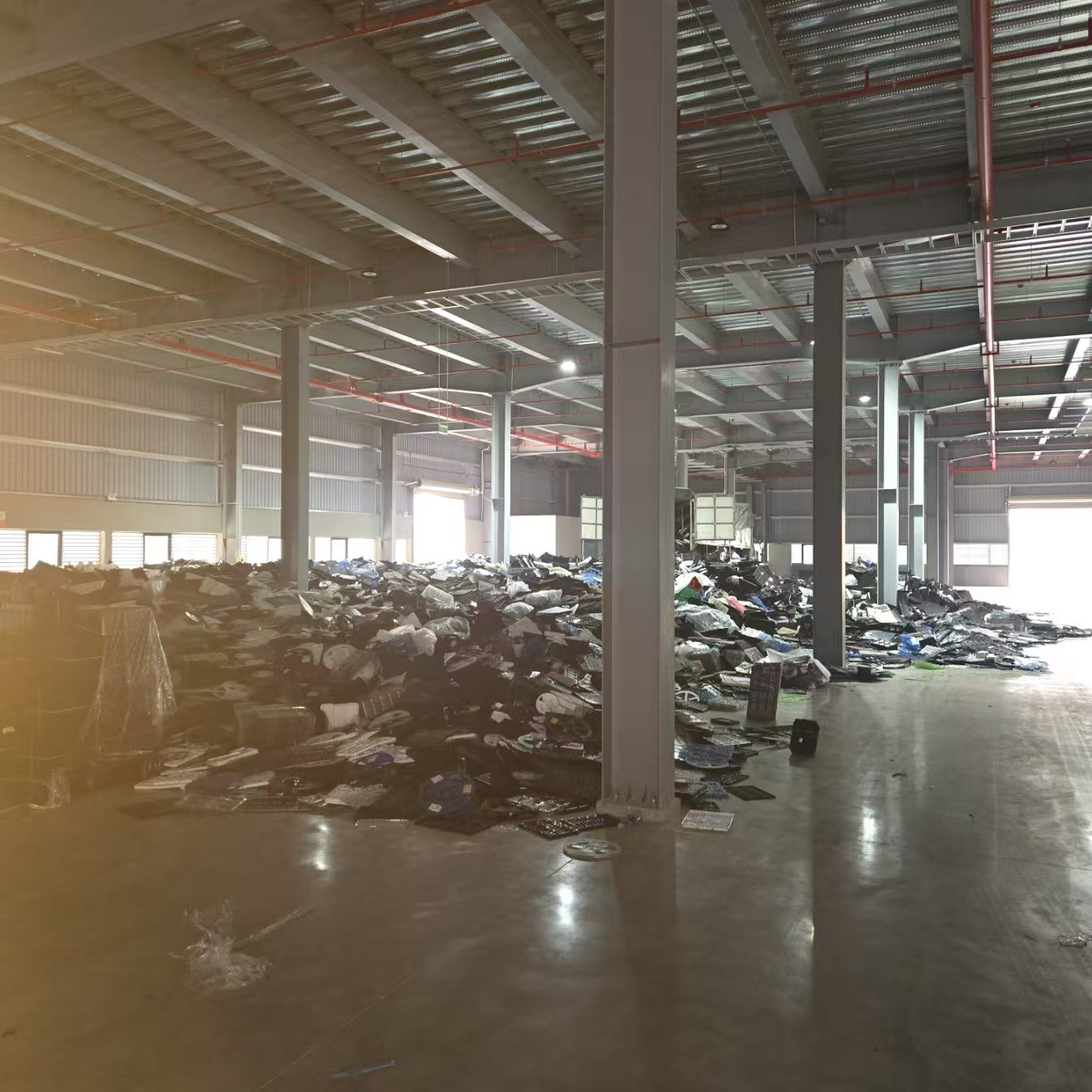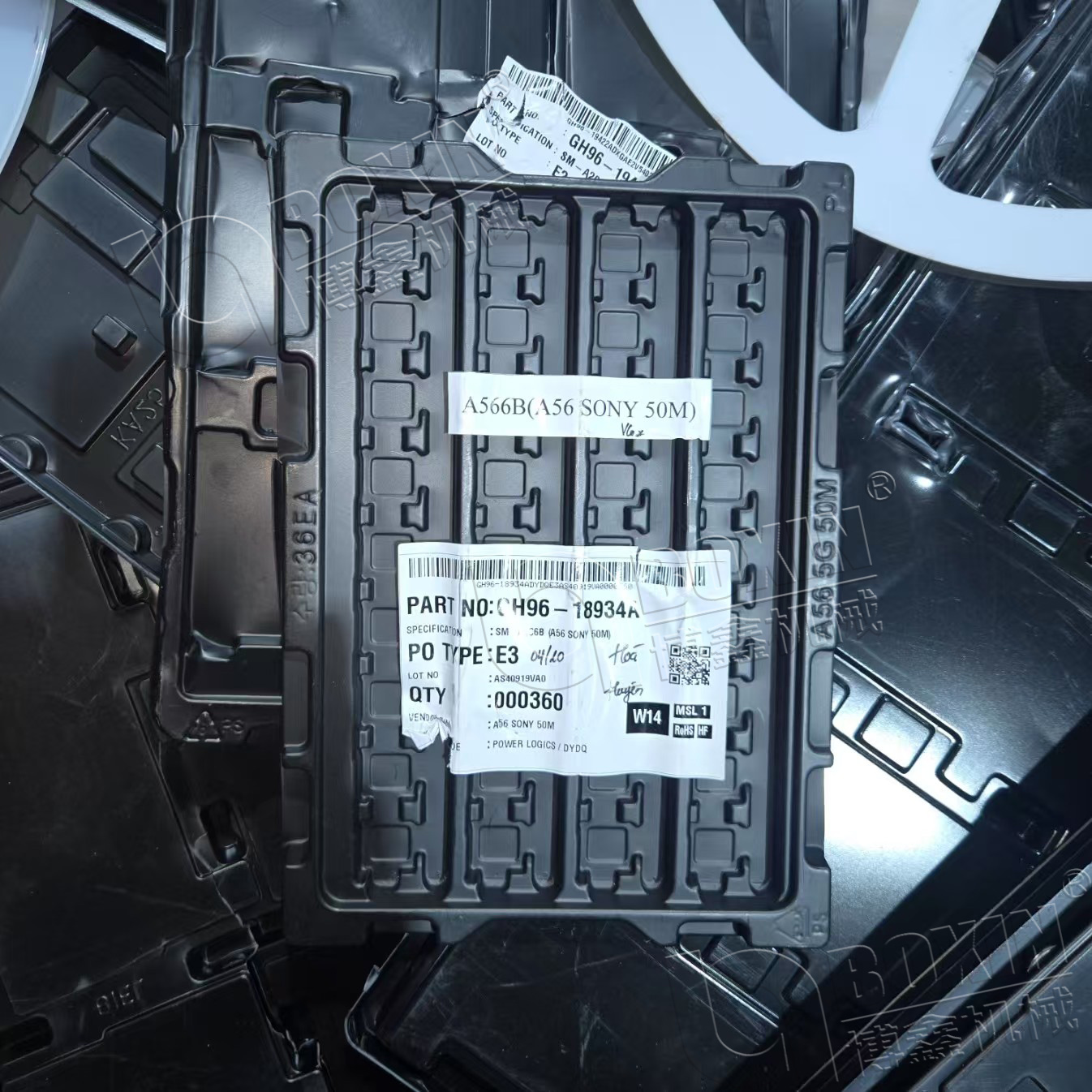Choose Material
Related Machines

Plastic Film Recycling Washing Line

PE Film Pelletizing Machine

Heavy-Duty waste plastic crusher machine
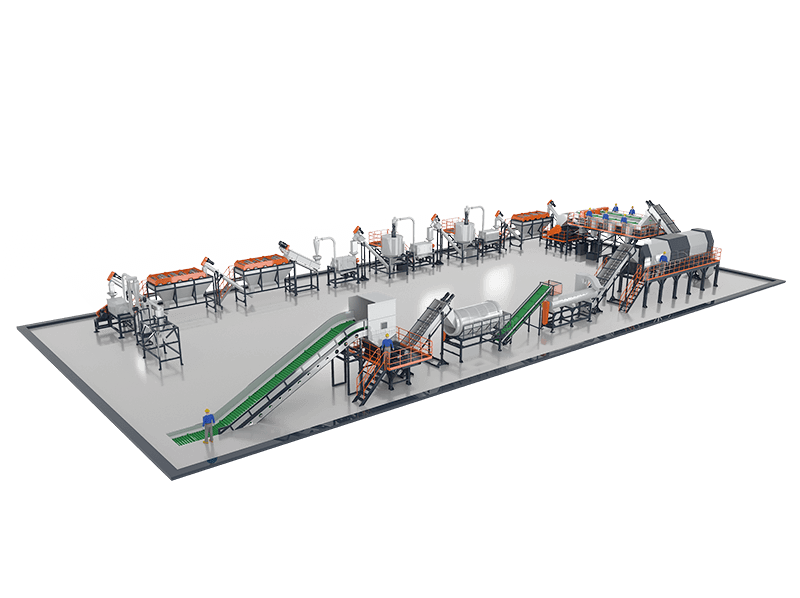
PET Bottle Washing Line

PP Woven Bag Washing Line
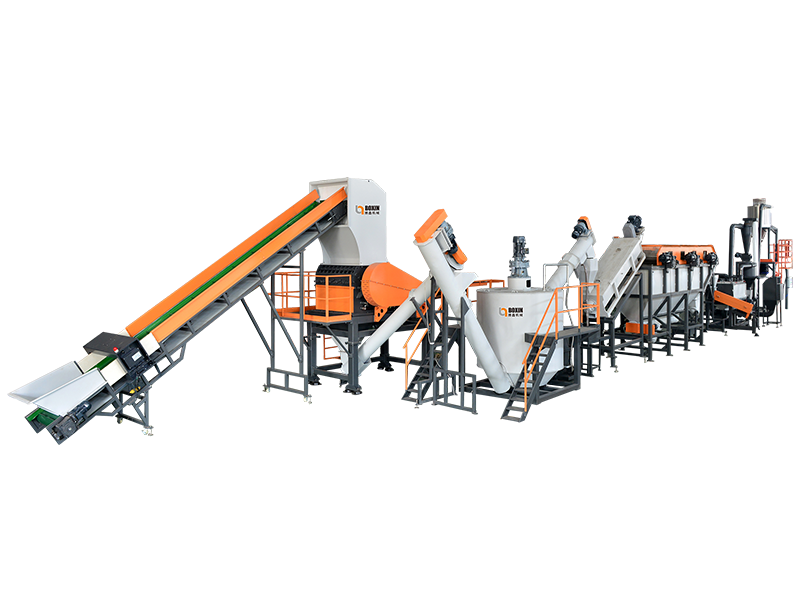
HDPE Washing Line
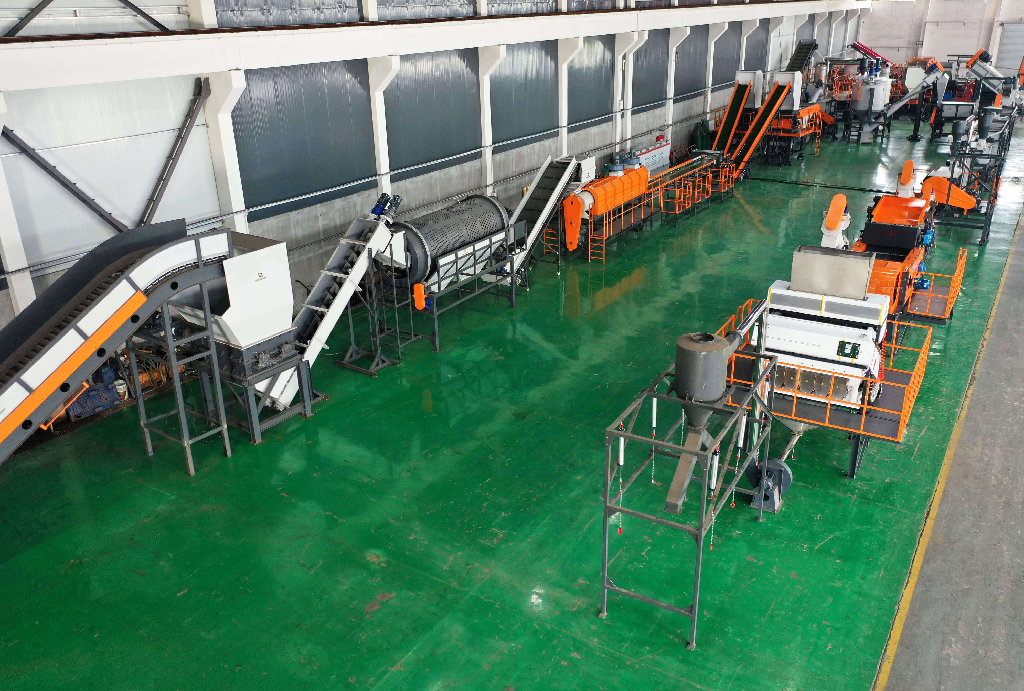
Bottle-to-Bottle Recycling (Food-Grade PET Bottle Washing Line)

Fiber Grade PET Bottle Washing Line


 EN
EN 
 English
English 简体中文
简体中文 Русский
Русский España
España عرب .
عرب .